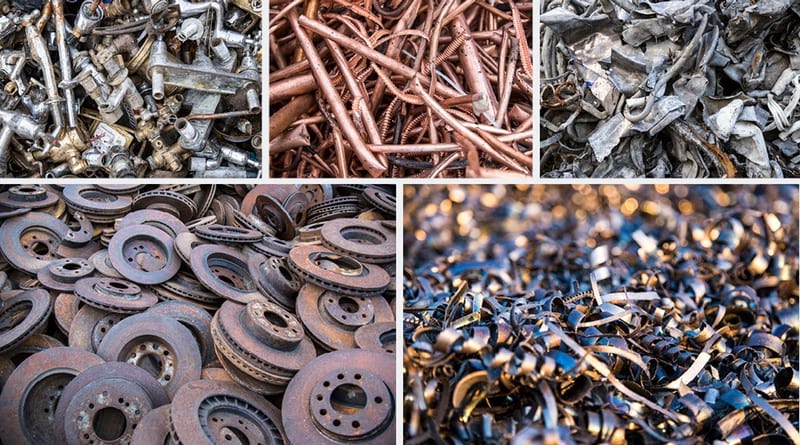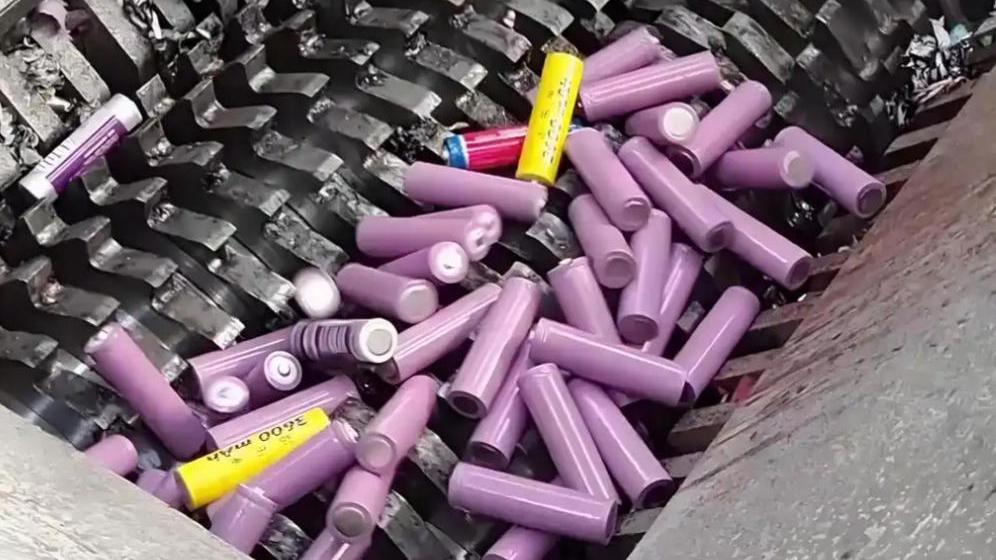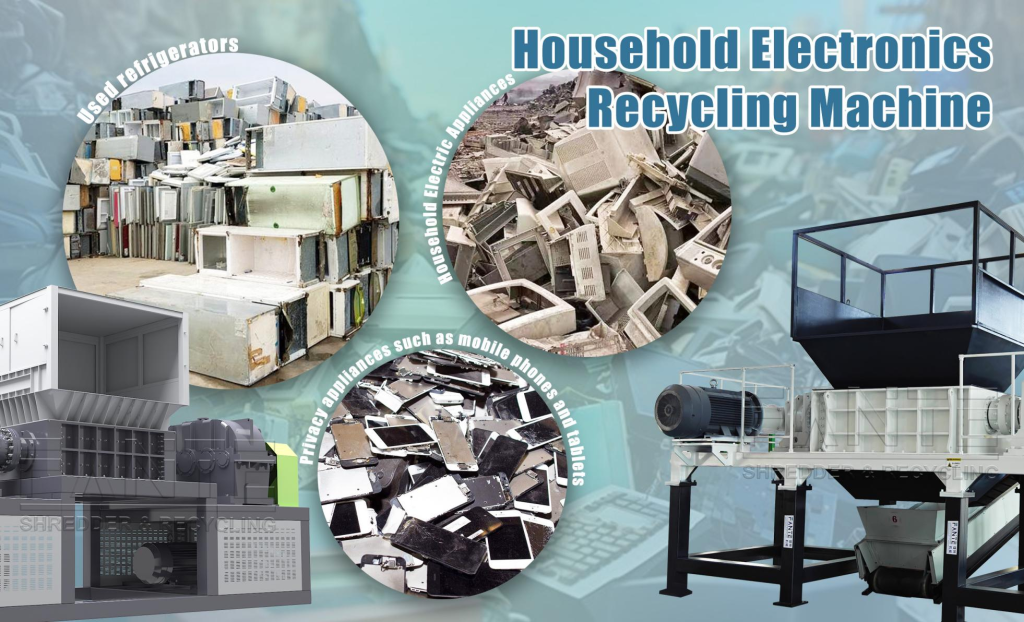Metal recycling refers to the process of collecting, sorting, and processing waste metal into reusable materials through physical or mechanical means. It forms a complete industrial chain from collection to disassembly to material regeneration.
Key Benefits of Metal Recycling:
- Resource Conservation: Metals like aluminum, copper, and steel can be recycled repeatedly without losing quality.
- Energy Savings: Recycling metals consumes significantly less energy than primary production.
- Environmental Protection: Reduces landfill waste and lowers greenhouse gas emissions.
- Economic Value: Generates employment and economic activity across collection, processing, and manufacturing sectors.
Global Overview of Metal Recycling Practices
1. North America (USA & Canada)
As highly industrialized economies, the United States and Canada generate vast amounts of waste metal annually. While a significant portion is recycled domestically using advanced metal recycling machine technologies, surplus scrap is often exported.
Key Characteristics:
- High generation of industrial metal scrap
- Well-established recycling infrastructure
- Export of surplus scrap to international markets
2. Japan
Japan’s metal recycling practices reflect its unique industrial and environmental conditions:
- High Resource Efficiency: Japan’s industries maximize material use, resulting in minimal waste.
- Small, Mixed Waste: Metal scraps are often fragmented, mixed, and require advanced sorting technologies.
- Government Support: Policies encourage the export of industrial scrap, with subsidies for outbound waste metal, often shipped to countries like China.
Japan faces high labor costs and strict environmental regulations, making efficient scrap metal shredder and processing solutions essential.
3. Global Challenges and Opportunities
With the rise of end-of-life electronics, old vehicles, and home appliances, global metal waste is increasing. However, much of this valuable resource remains underutilized or poorly managed, leading to:
- Resource wastage
- Environmental contamination
- Lost economic opportunities
To address these challenges, countries must:
- Strengthen recycling legislation and policies
- Invest in modern metal recycling machine technologies
- Establish efficient collection and recycling systems
- Encourage public and industrial participation in recycling efforts
The Role of Metal Recycling Machines and Shredders
Modern metal recycling machine solutions, including powerful scrap metal shredder systems, are essential for efficient, eco-friendly, and profitable recycling operations. These machines enable:
- Shredding of bulky metal waste into manageable pieces
- Separation of ferrous and non-ferrous materials
- High recovery rates of valuable metals
By investing in advanced recycling equipment, industries can reduce costs, comply with environmental regulations, and contribute to global sustainability goals.
Conclusion: Toward a Greener Future with Metal Recycling
The global metal recycling landscape is evolving rapidly. From North America to Japan and beyond, the need for efficient recycling has never been greater. By leveraging advanced metal recycling machine solutions and supportive government policies, we can transform waste into valuable resources, minimize environmental harm, and create a circular economy where materials are used to their fullest potential.
For expert solutions in scrap metal shredder and metal recycling machine technologies, contact us to learn how we can help you build a greener, more profitable recycling operation.



